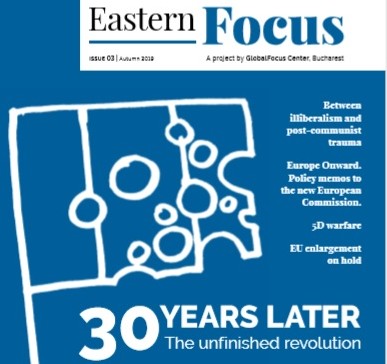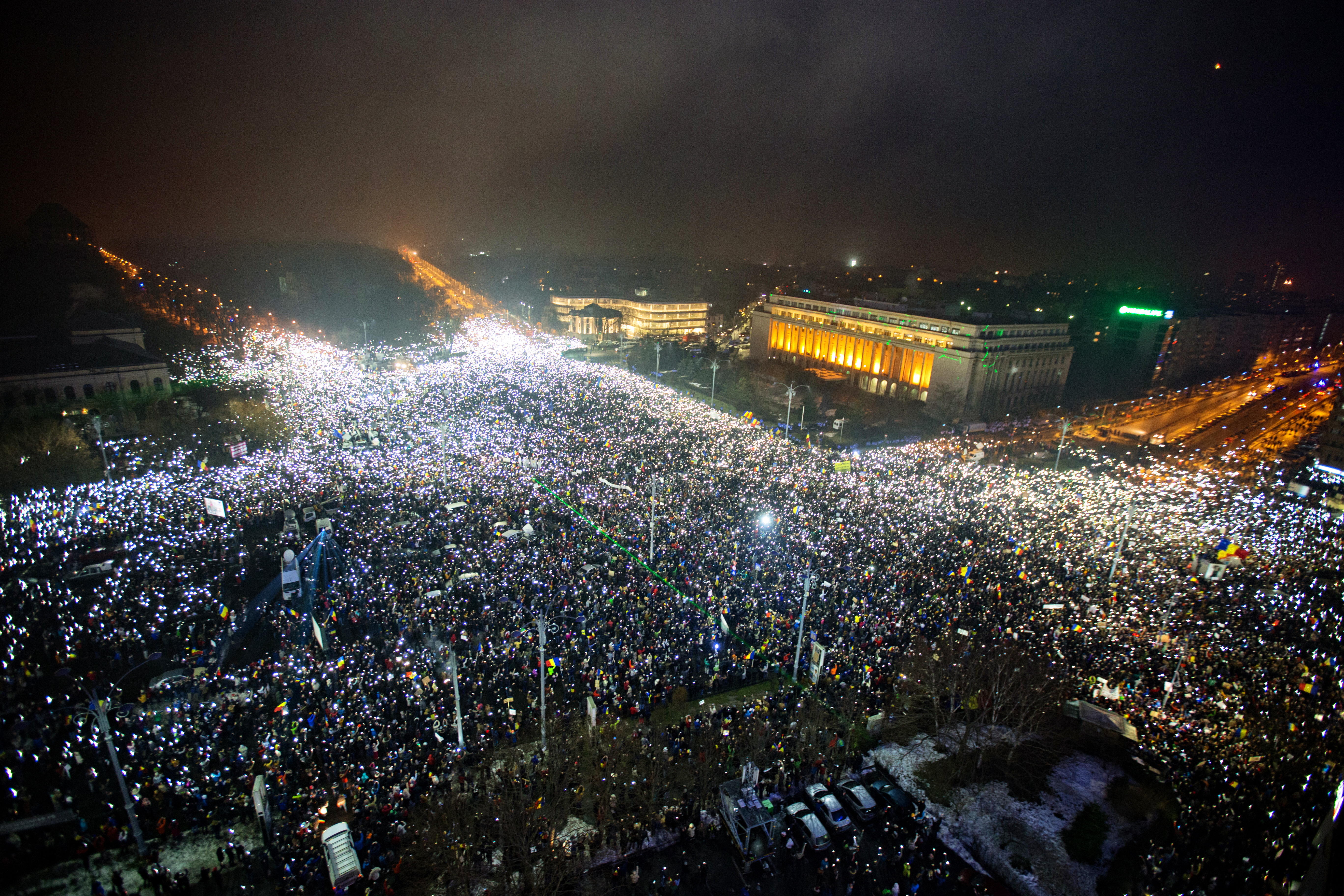In 1973, Katherine Verdery moved to Romania, the only country in the Eastern European bloc that welcomed Western scholars. She studied social inequality, ethnic relations and nationalism. After the fall of Communism she returned and looked at the transformation of socialist societies. Her most recent book, My life as a spy: Investigations into a secret police file was published in 2018, and it documents how the Romanian political police kept her under surveillance.

By Veronica Anghel | Bologna
In assessing the state of liberal democracy in contemporary Europe, significant scholarly and public attention has been paid to the role of leaders. Post-Communist countries in particular are often the focus of scholars who announce a ‘democratic backsliding’ engineered by populist ‘strongmen’. This article suggests that in consolidating EU democracies, such attention is disproportionate in reference to the actual de-democratising effect of the emerging ‘strongmen’. It draws attention to the systemic conditions that allow such leaders to surface, and focuses on state capture (the extraction of private benefits from the state by incumbent officeholders) as a joint-venture practice that precedes and outlives individual political lives and acts as a brake on further democratisation.

Thirty years after the fall of the Berlin Wall, the state of liberal democracy in the former communist bloc is “probably worse than we hoped but better than we feared”, thinks Thomas Carothers, interviewed in this issue of Eastern Focus. He looks at the good, the bad and the ugly of post-1989 transition and says that three decades later, we are still in an intermediate state.

